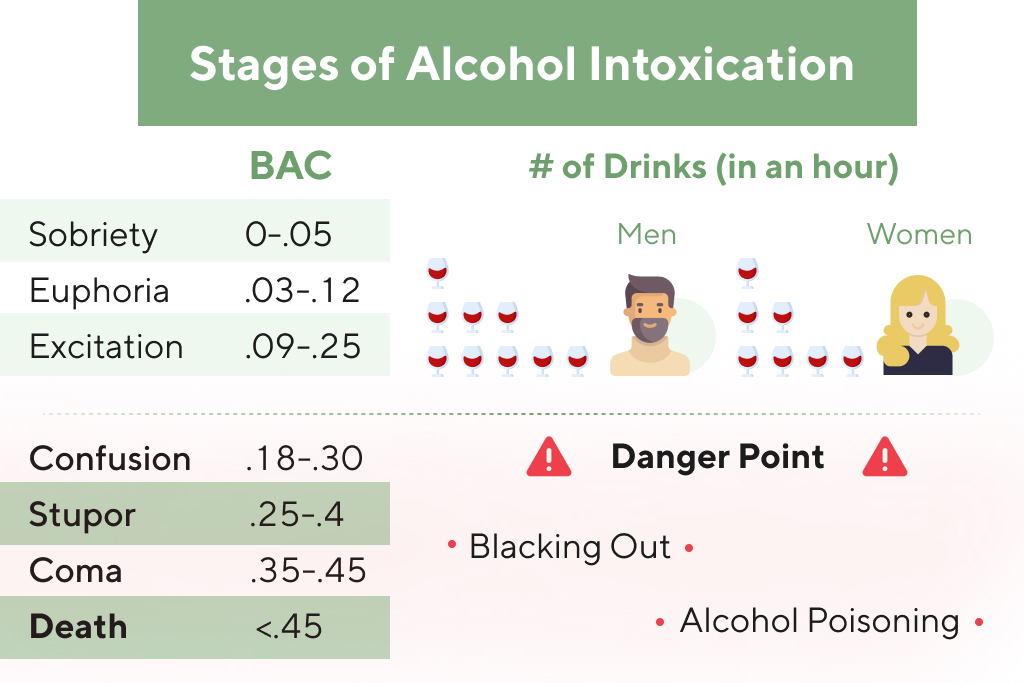How to Address Isolation and Loneliness in Sobriety Leave a comment
Loneliness can stifle this aspect of recovery by diminishing motivation and the desire to engage in new activities or pursue interests. Without the stimulation of social interaction and the encouragement of a support network, personal loneliness in sobriety development can stall, leaving individuals feeling stuck and unfulfilled. One of the most significant challenges individuals face while recovering from substance abuse is coping with loneliness.
- Self-compassion encourages treating oneself with kindness, especially during difficult moments, fostering resilience and motivation to continue healing.
- Loneliness is often rooted in negative and distorted thoughts about oneself and social situations.
- This chemical imbalance can heighten cravings for substances like alcohol and drugs, as individuals seek to temporarily boost these neurotransmitters.
- Engaging in creative activities or learning new skills stimulates the mind and boosts self-esteem.
- Addressing loneliness effectively involves rebuilding relationships through making amends, practicing patience, and gradually expanding one’s social network.
Why Is Sobriety So Lonely?
This emotional turmoil can create a vicious cycle, where isolation deepens the urge to seek solace in substances, which in turn leads to further disconnection from loved ones. Attending support group meetings, drug addiction treatment calling a sponsor, or spending time with others in recovery can help replace feelings of isolation with connection. Many recovery groups offer holiday meetings, which can be a safe space to talk about the challenges of being lonely during the holidays with others who understand. One of the best ways to combat holiday loneliness is to connect with supportive people. Reaching out to friends, family, or others who understand recovery can provide comfort and perspective.

Coping With Holiday Loneliness in Recovery
Being honest about emotions and seeking help when overwhelmed remains crucial for progress. Effective strategies for enhancing social connections and emotional well-being during recovery are multi-faceted and focus on community engagement. One highly recommended approach is to participate in support groups, such as 12-step meetings.
- Reconnecting with old friends can help improve your mental health, but don’t be afraid to end relationships that are harmful to your sobriety.
- The societal pressure to celebrate, be with family, and feel cheerful can sometimes create unrealistic expectations.
- Isolation often manifests as a profound emotional struggle, characterized by loneliness, sadness, and feelings of unworthiness.
- Loneliness extends beyond mere sadness or loneliness; it is rooted in a discrepancy between an individual’s social needs and their actual social experiences.
How can individuals cope with loneliness during addiction recovery?
It can be challenging but also rewarding as individuals regain control and find new purpose. Exercise is a powerful tool against loneliness, known to release endorphins and promote feelings of well-being. Regular physical activity can improve both mental and physical health, providing a natural boost to your mood and helping to combat feelings of isolation. Recovery offers a pivotal opportunity to mend and enhance relationships that may have been strained or neglected. Engaging in face-to-face support groups such as AA or NA, reconnecting with family and friends, and participating in community activities serve as buffers against social isolation.
Mindfulness Activities

Consider becoming a peer mentor for organizations like Faces & Voices of Recovery. Helping others who are just beginning their journey can provide fulfillment and https://ecosoberhouse.com/ create lasting bonds. Mentoring not only supports others but reinforces your own commitment to sobriety.

